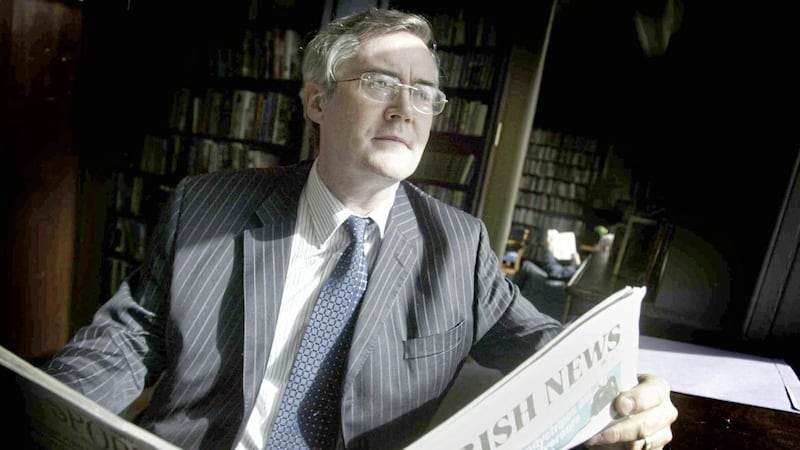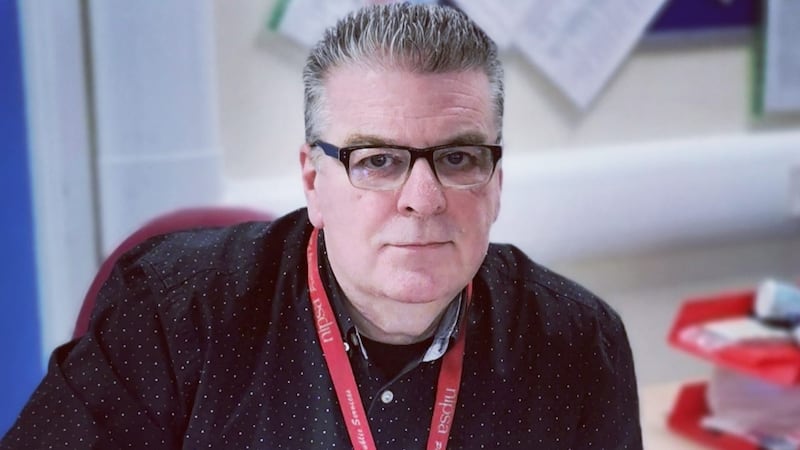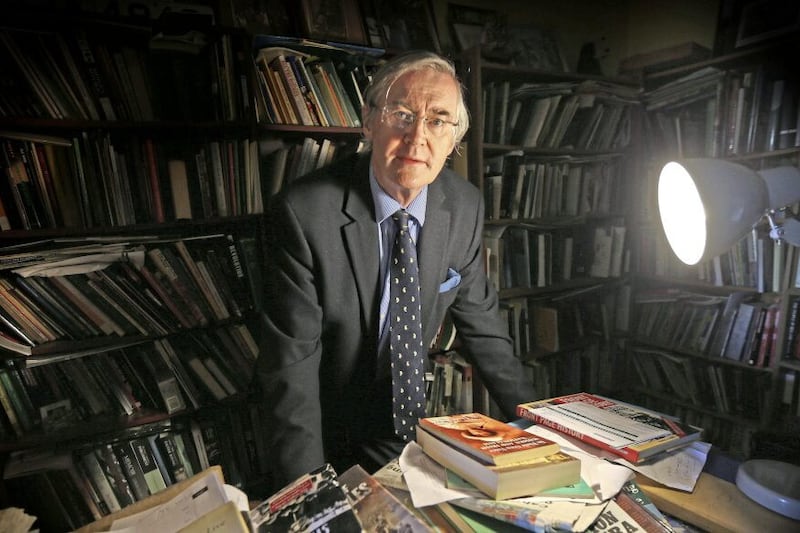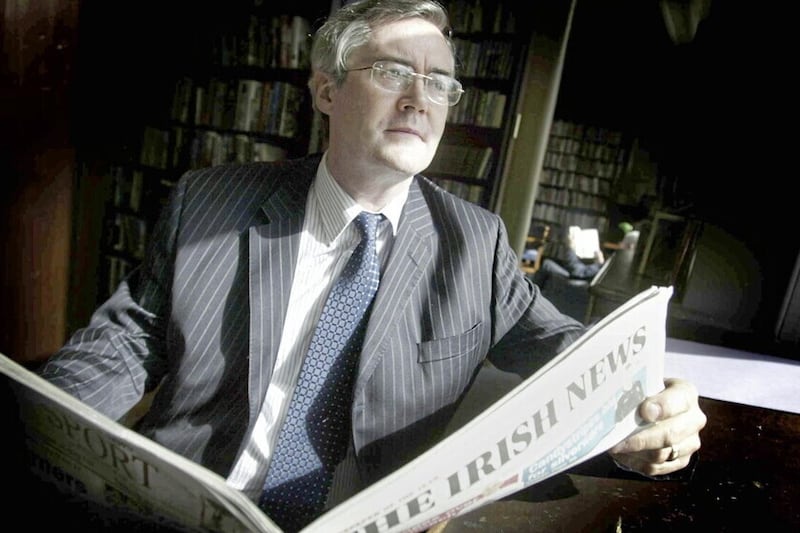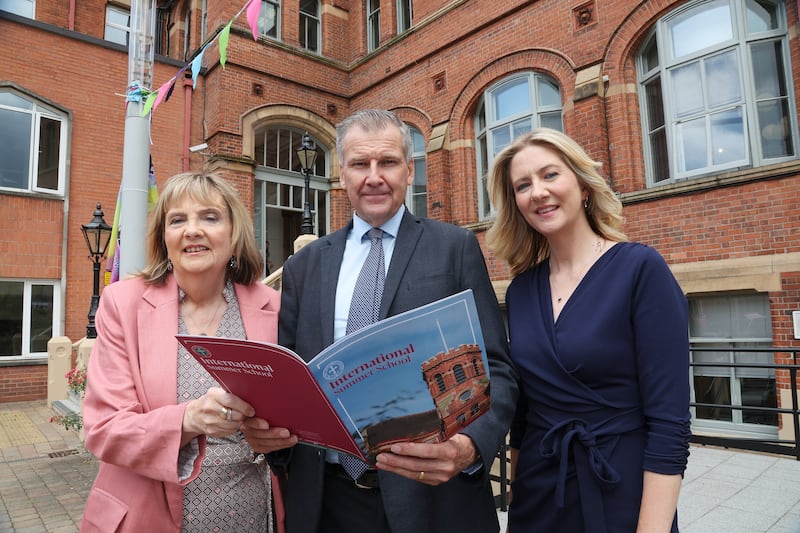ÉAMON Phoenix was not only the north's foremost historian, he was widely regarded as an authority on everything relating to the creation of the Northern Ireland state and its history across more than a century.
His encyclopaedic knowledge of the circumstances that led to partition and its impact on what was then the north's minority community remains unrivalled. It was always imparted with enthusiasm, warmth and insight.
Dr Phoenix's strength lay in his detailed knowledge of, and passion for, places and the people who inhabited them, whether politicians, clergy, aristocracy or just ordinary civilians.
It was if he had visited and knew every street in Belfast and Derry and every townland in Ulster, bringing to life those who had helped make history.
Right up to the end of his life, he was always endeavouring to build a more complete and comprehensive picture of events and how they shaped the society we live in. While nationalism was very often the focus of his research and publications, he was never politically partisan or ideologically blinkered in his assessment.
Born in Belfast in the early 1950s, he attended St Mary's Christian Brothers' Grammar School in the west of the city before becoming an undergraduate at Queen’s University in the late 1970s, where he met his future wife Alice. He later described her as a "great companion and my best friend throughout the years".
Dr Phoenix obtained a BA (Hons) in History, followed by a PhD on Irish nationalism, which he completed in 1983.
At the end of the decade he began contributing his On This Day column to The Irish News, a series of daily articles recounting events of the last century, some significant, others more mundane, yet always richly detailed and illuminating. In the 1980s he also contributed editorials to The Irish News after the late Jim Fitzpatrick took ownership of the title.
A lecturer, author and broadcaster, he published extensively on many aspects of Irish history but predominantly focused on the north. His acclaimed works included The Nationalist Movement in Northern Ireland 1914-28, Feis na nGleann: A Century of Gaelic Culture in the Antrim Glens and A Century of Northern Life: Irish News and 100 Years of Ulster History, 1890s-1990s, the official history of this newspaper.
He was a fellow of the Institute of Irish Studies at Queen's before taking up a permanent appointment at Stranmillis University College, Belfast.
Dr Éamon Phoenix was indeed a superb historian and a brilliant communicator. He was also always incredibly generous with his time, brilliance and insights, and no matter how busy he was, he would always go out of his way to do an interview. At dheis Dé go raibh a anam. https://t.co/btF3YcjeaT
— Miriam O'Callaghan (@MiriamOCal) November 15, 2022
Dr Phoenix held a variety of honorary positions. He was chairperson of the Edmund Rice Schools Trust Northern Ireland, a member of the Expert Advisory Group established by the Irish government to advise it on matters related to the Decade of Centenaries and he organised a lecture series for the Community Relations Council, who earlier this year honoured him as an "inspirational local peacemaker".
He was also a member of the National Famine Committee, the Nomadic Project Board, and a trustee of the Ulster Historical Foundation.
In a newspaper interview in 2014, he recalled two pieces of advice that he had carried throughout life. The first, from his mother who had lived through the hardship of the post-war Depression era, was: "Education is easily carried". The second came from a great Derry-born historian F S L Lyons, who wrote at the outbreak of the Troubles that "to understand the past is to cease to live in it".
"That has always guided me in trying to de-mythologise history," Dr Phoenix said.
